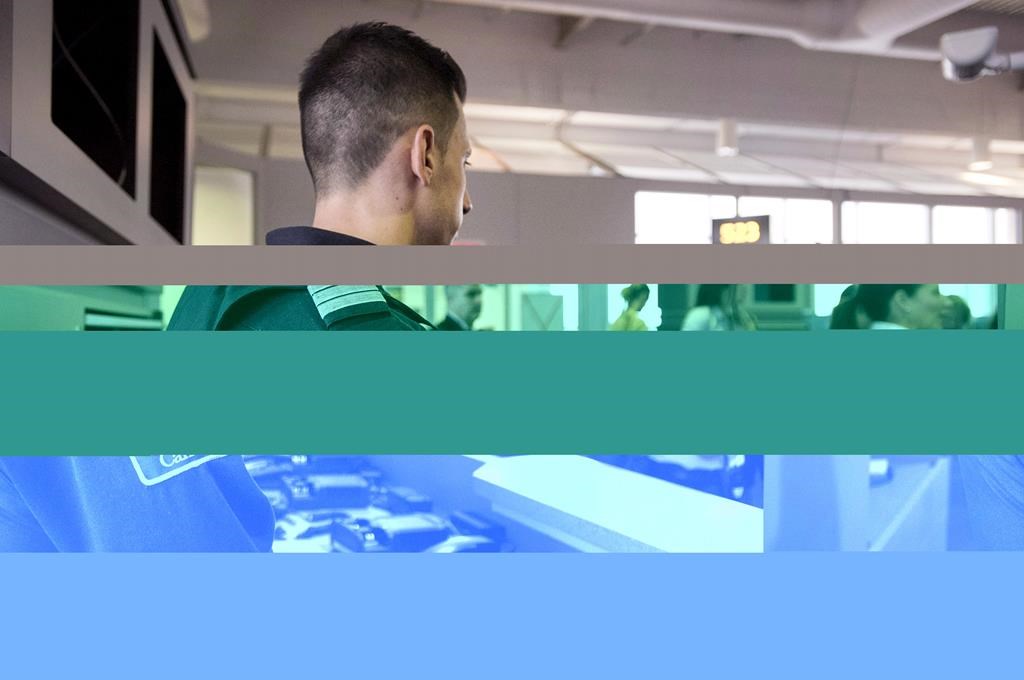Jacob Cerebren and Mia Rapson, The Canadian Press
MONTREAL – Hundreds of delegates from Asia, Africa and Latin America who are due to attend the major AIDS conference in Montreal next month are in limbo because Ottawa has not issued them visas, while dozens of others have been refused applications, organizers say.
Among those whose visas were refused or who did not receive a response from the government were researchers who were due to present their work and delegates who had been awarded grants to attend the conference.
Jean-Pierre Rutte, McGill University professor of medicine and local co-chair of the International AIDS Conference (AIDS 2022), said in an interview Friday that 1,200 people from developing countries have received scholarships to attend the conference, with at least 400 of them still waiting for visas.
He pointed out that these 1,200 people are the most benefited from the opportunity to interact with other participants in the conference. He said that if a significant proportion of them were unable to attend, “it would be a disaster for the spirit of the conference and for the image of Canada and the federal government.”
Rutte said the International AIDS Society (IAS) wrote to the Canadian government on Thursday in an effort to speed up the visa approval process, adding that if delegates’ visas are not approved within the next two weeks, many of them may not be able to book flights. Find accommodation before the conference begins on July 29.
Ironically, he said, much of the funding to bring colleagues to the conference came from the federal government, which gave the conference $3 million.
Jonathan Smanda, a doctoral student at Makerere University in Uganda who is due to present his research on improving ARV adherence at the conference, said he applied for the visa more than two months ago. He was told that it would take 30 business days, but received no response.
Mr. Samanda noted that it is frustrating to see colleagues from non-African countries get their visas approved while he continues to wait.
Mr. Smanda, who paid $185 to apply for the visa and provide his fingerprints and photo, said he did not understand why the Canadian government continued to accept visa applications from countries like Uganda, and had not planned to validate them.
The Canadian Press asked Immigration Minister Sean Fraser if he was aware of the problem and what was being done about it, but his office did not immediately provide a response.
Javier Belloc, an Argentine who sits on the communities delegation to the Global Fund to Fight AIDS, Tuberculosis and Malaria Board of Directors, said his group launched a survey this week to try to get an idea. Number of people denied entry visas to travel to Montreal to attend the conference. Within two days, 60 people responded saying they had problems, and half said their applications had been rejected.
Mr Belocq said he was not sure if he would get a visa himself in time after a complicated application process that required the help of a friend in Toronto. “It was a nightmare,” he said.
His friend spent 10 hours online trying to complete all the required paperwork, and after Mr Belloc took his fingerprints and photo on June 13 as part of the application, he was told he would need at least one month before the visa could be issued.
Mr Belocq said that given the current situation, many doctors and scientists from the North would be attending the conference in person – many of them from countries whose citizens do not need a visa to enter Canada. But people living with HIV, community activists and health workers from countries in the South, where HIV and AIDS are much more prevalent, will have to either physically attend or withdraw from the conference.
He said the conference, which in the past was attended by about 20,000 people, will only have value if the scientists and communities involved come together.
“We have to put people at the center,” he said, adding that he was upset that the International AIDS Society had no plan to ensure people attended.
Iwatoto Joyce Adeol, African NGO delegate to the Joint United Nations Program on HIV/AIDS Coordination Council, said that although the Canadian government issued her a six-day visa to attend the conference, she is in contact with 13 other people from African countries are still waiting for approval.
Ms Adewole, whose work focuses on HIV prevention as well as sexual and reproductive health among young women and adolescent girls in Nigeria – a population increasingly affected by HIV/AIDS – also said those most affected should be able to attend Conference.
Ms Adewole said the AIDS crisis in Africa is based on inequality, which has made access to medicine and information more difficult than in wealthier regions.
“If the people affected by that disparity are not there, you’re saying they don’t matter and their voice doesn’t matter and you can do things with or without them,” she said.

“Subtly charming problem solver. Extreme tv enthusiast. Web scholar. Evil beer expert. Music nerd. Food junkie.”

